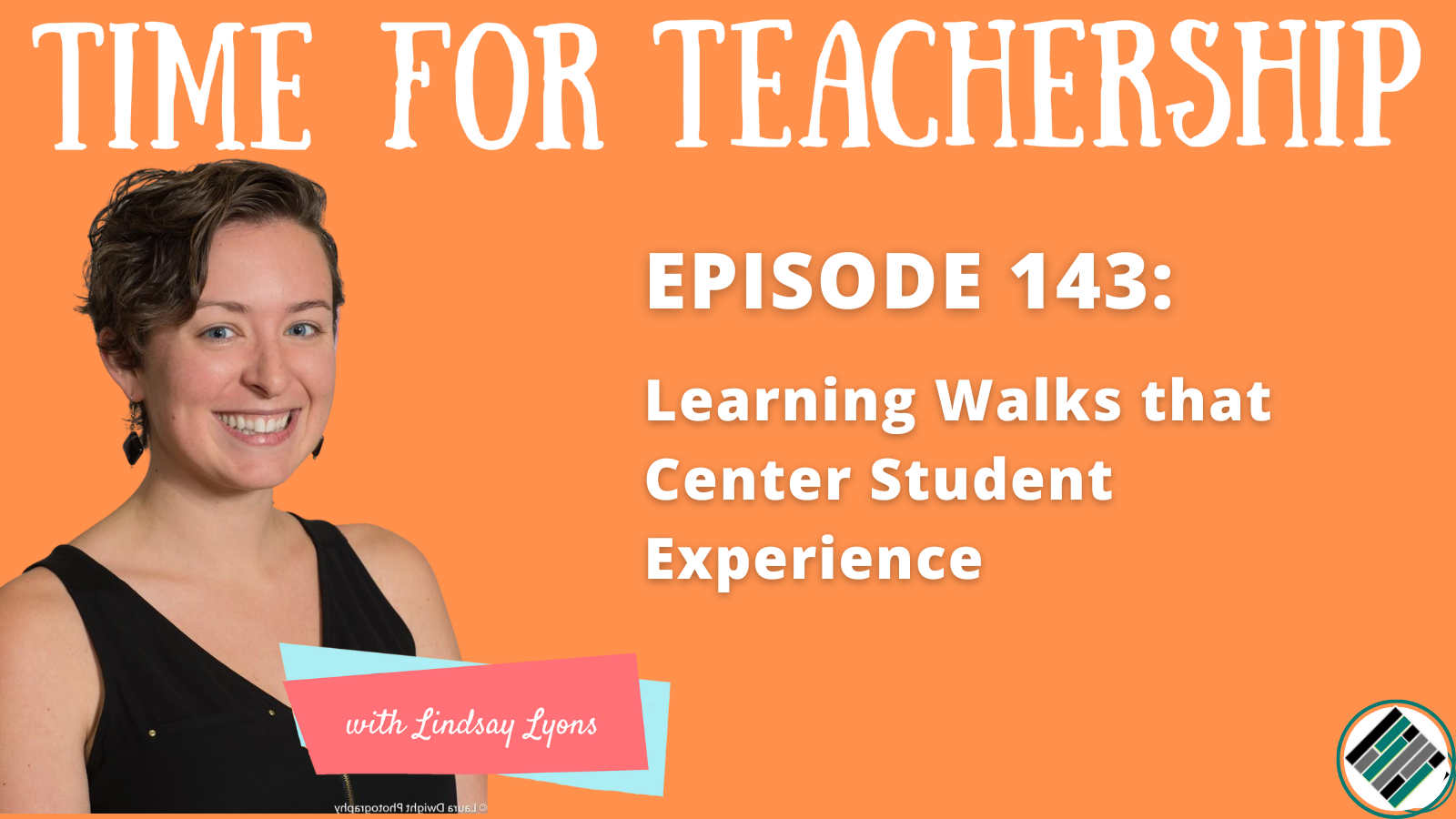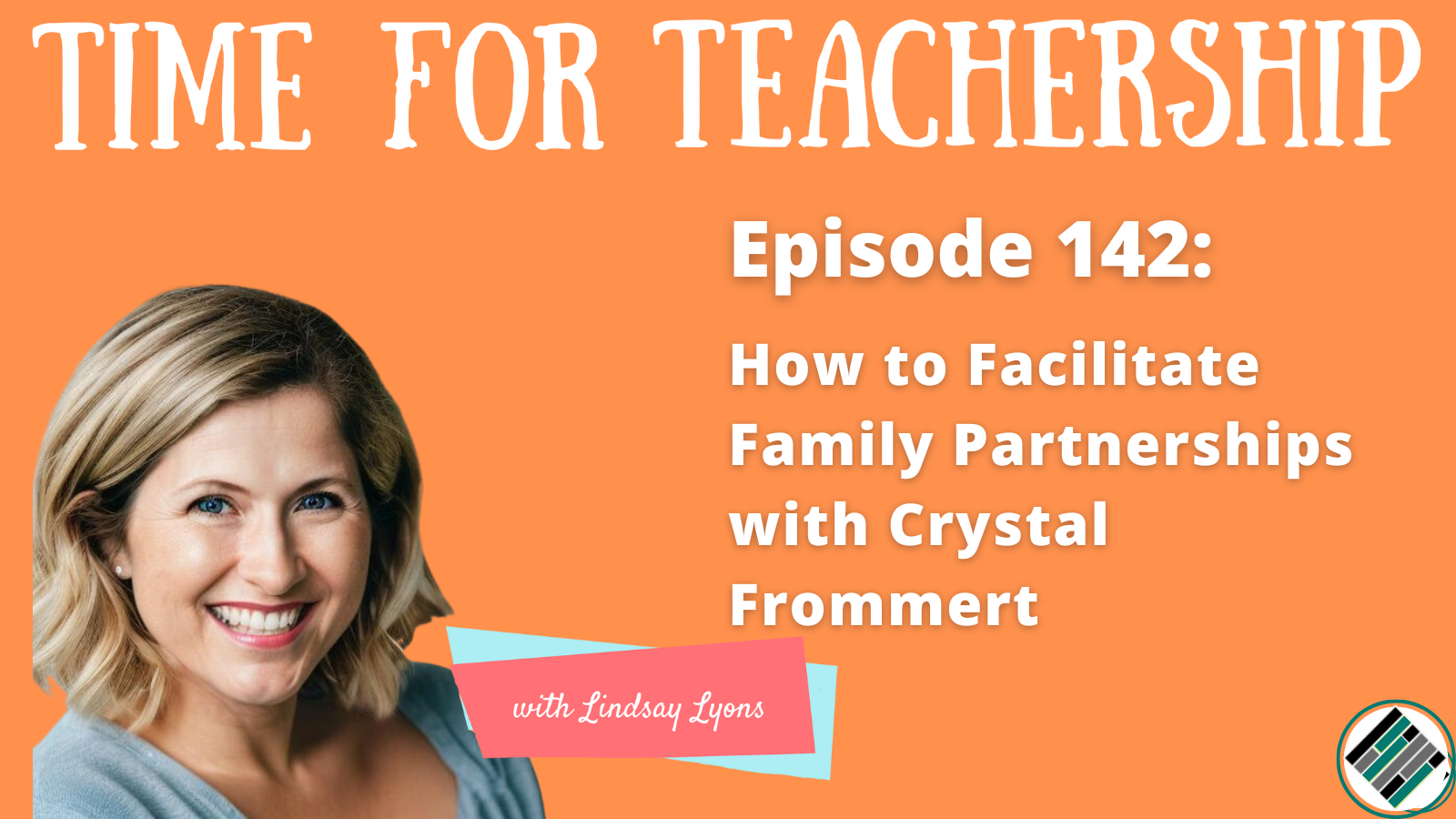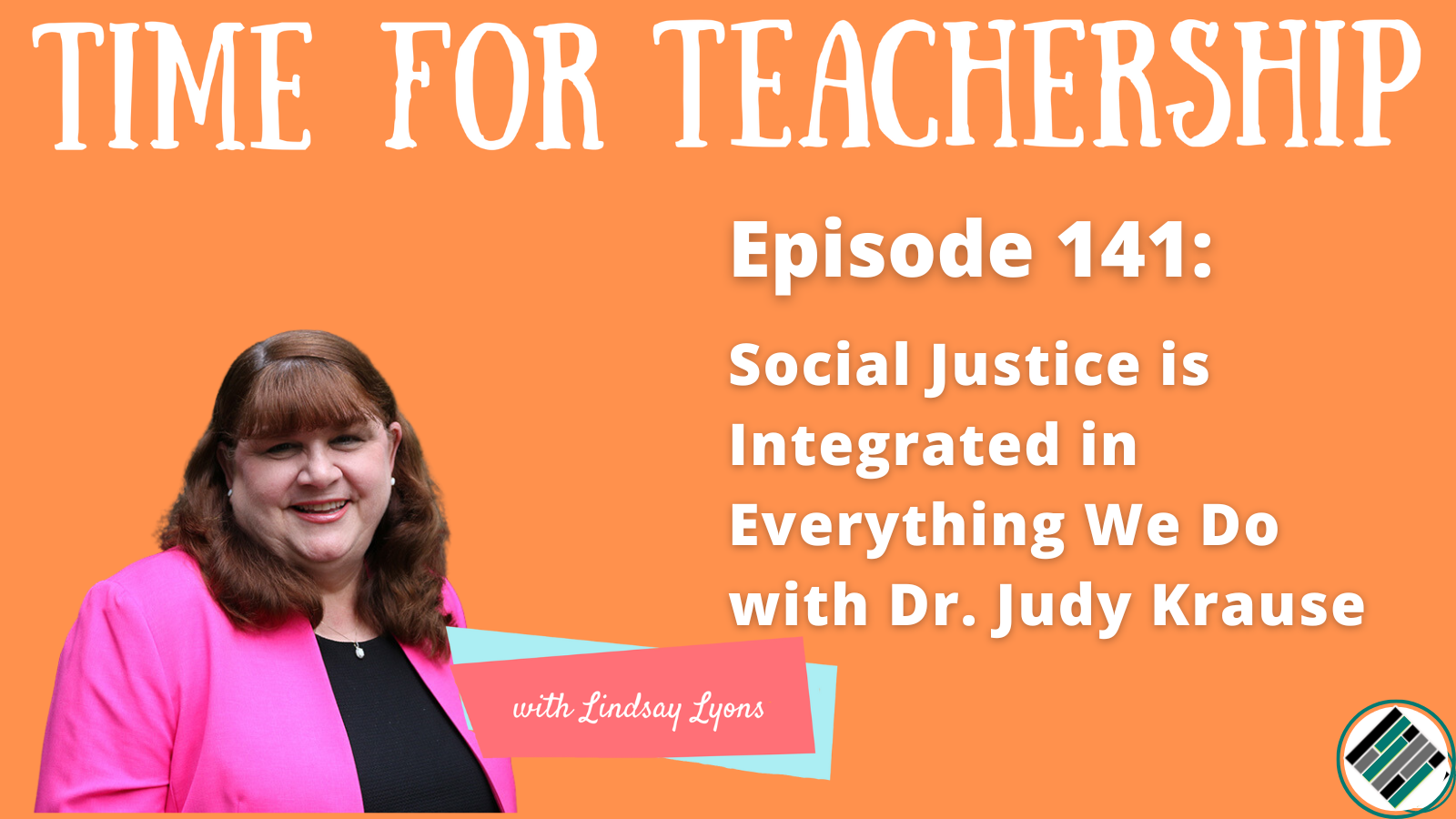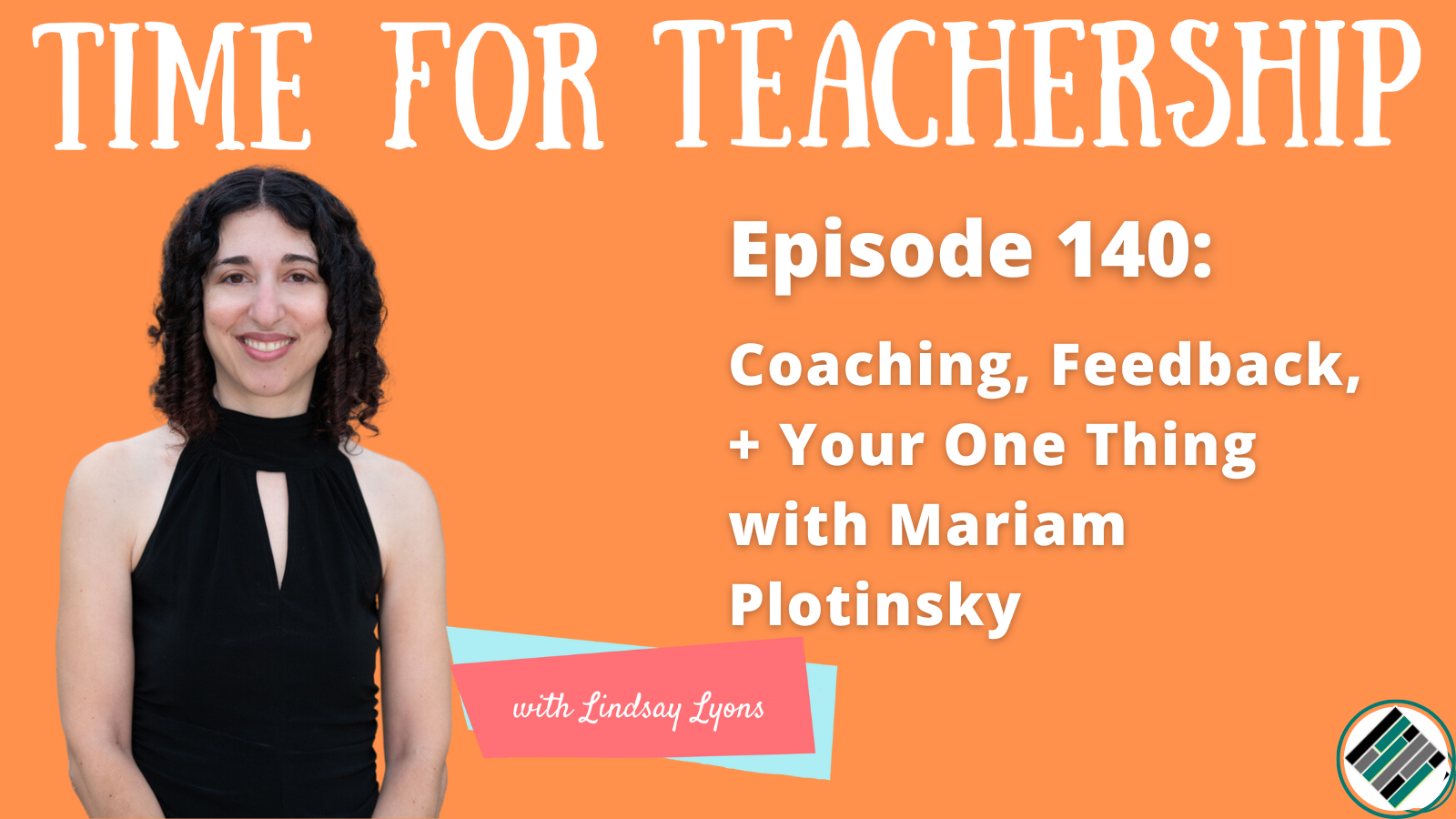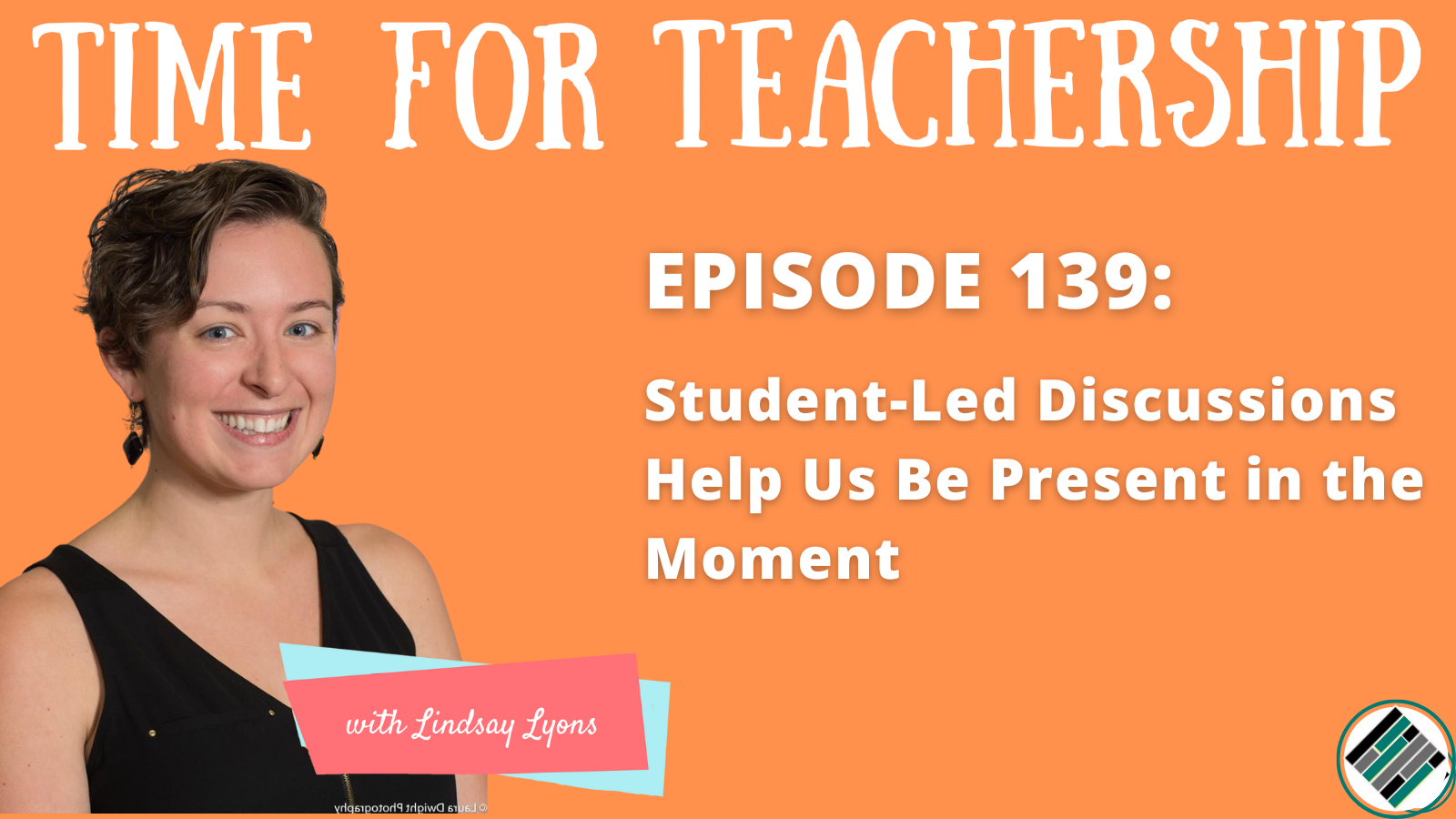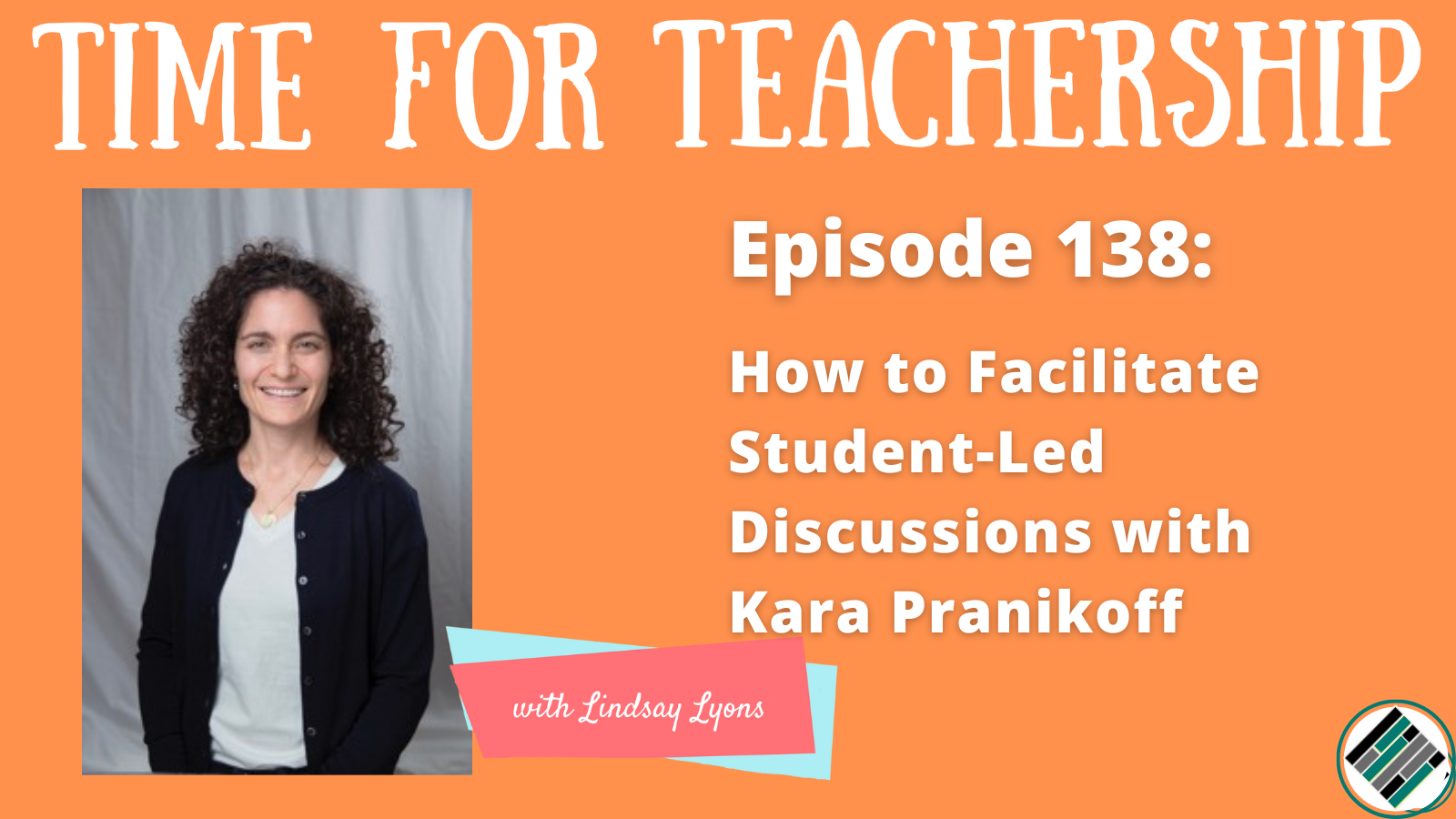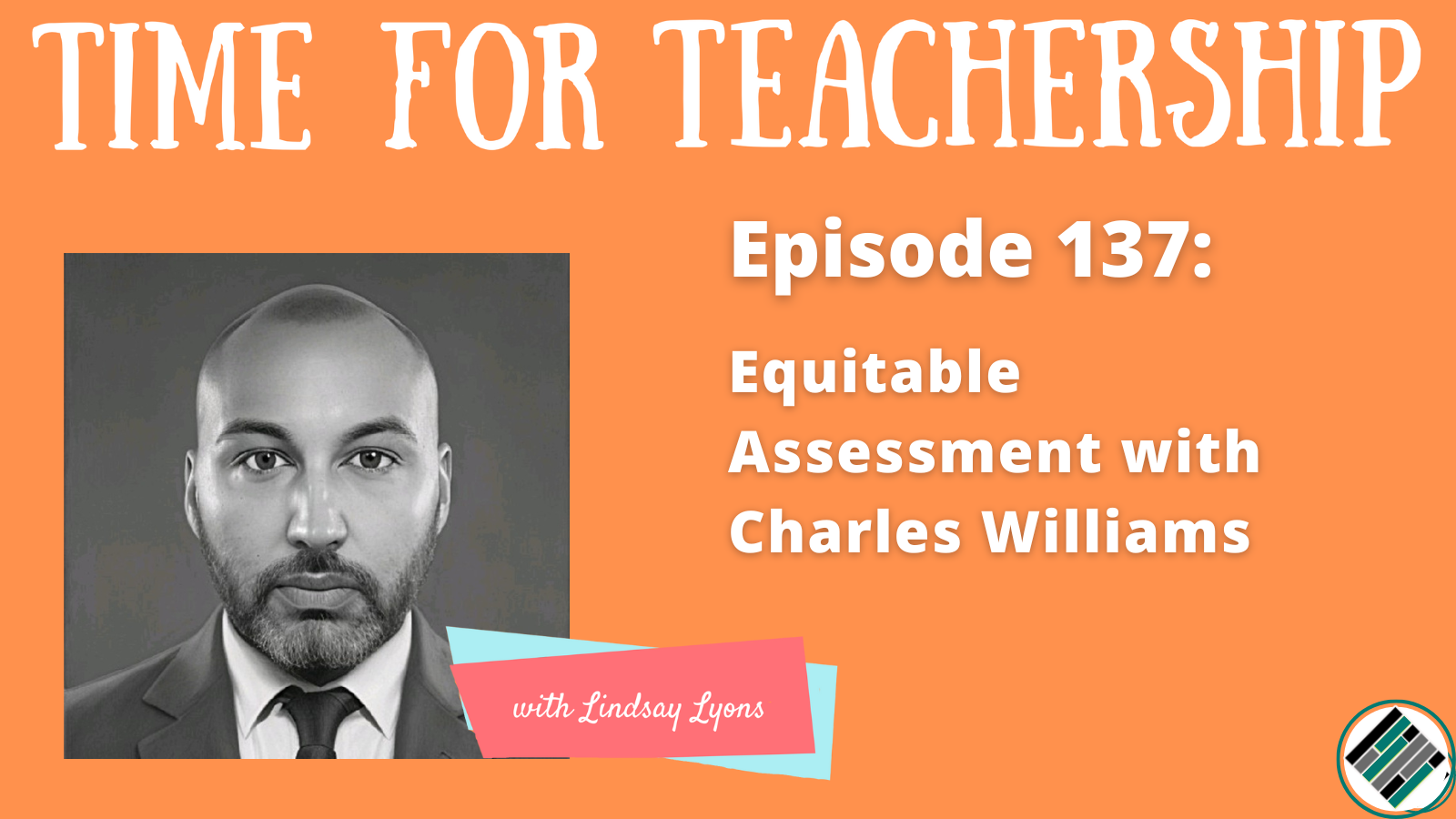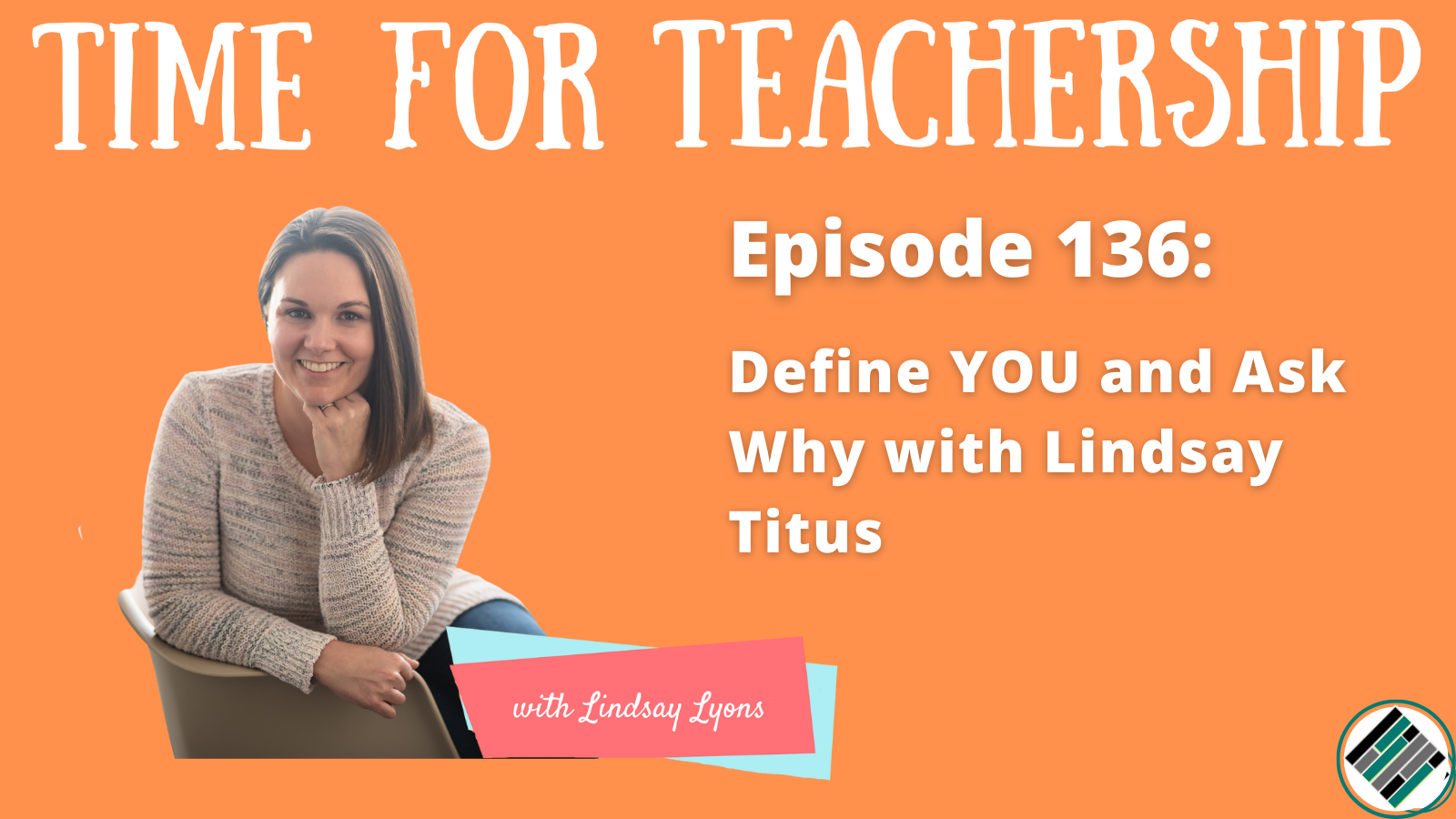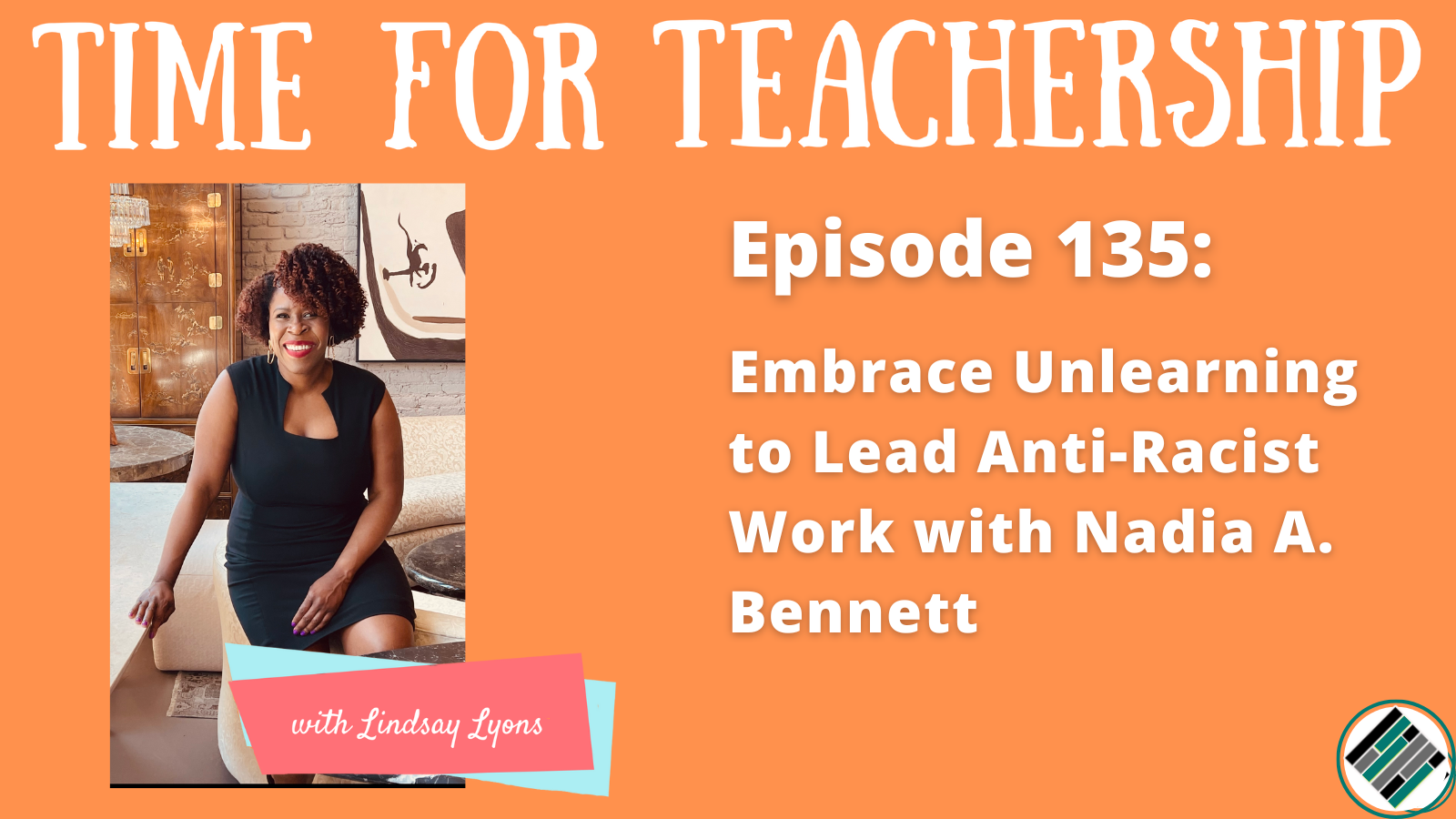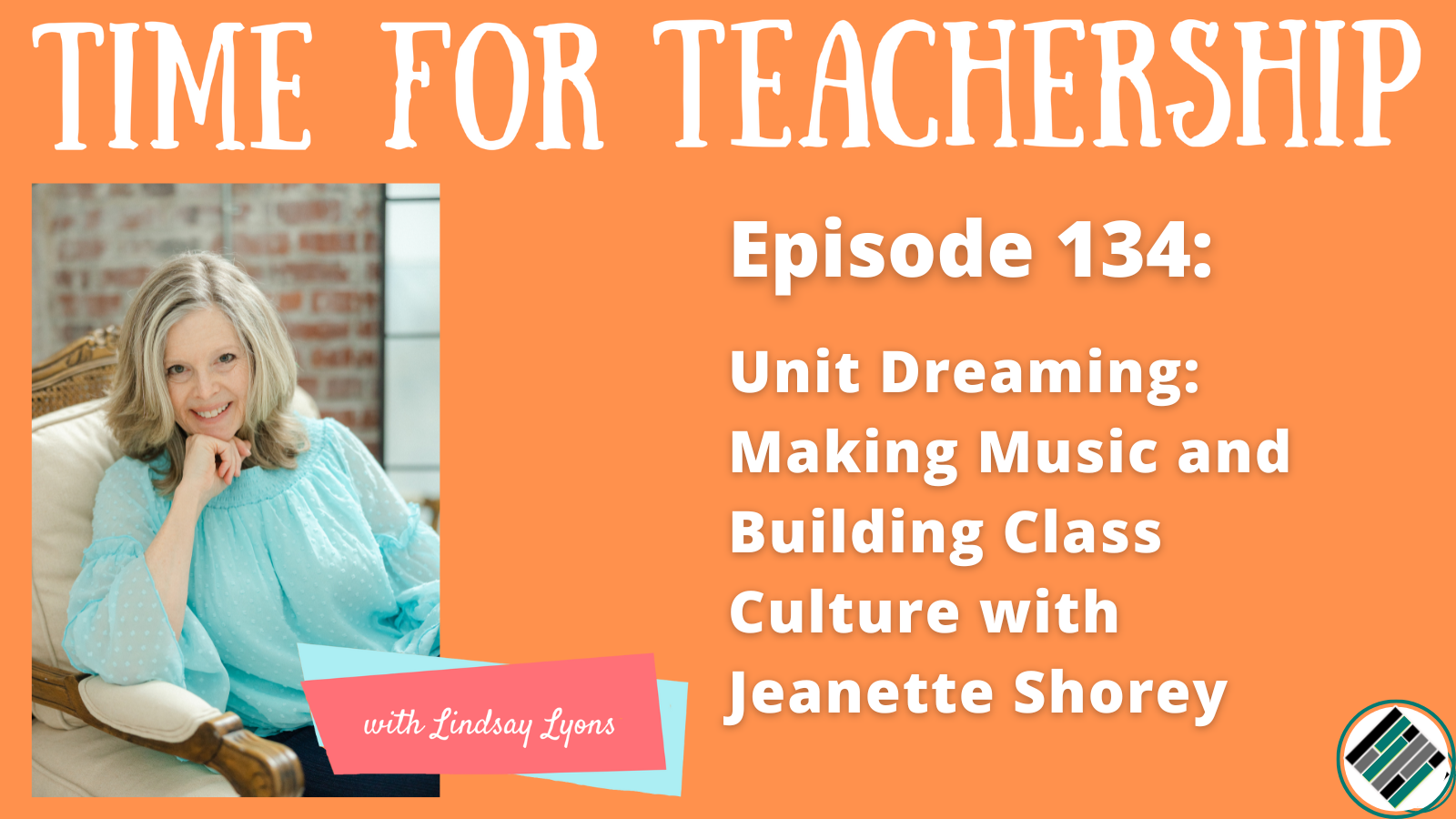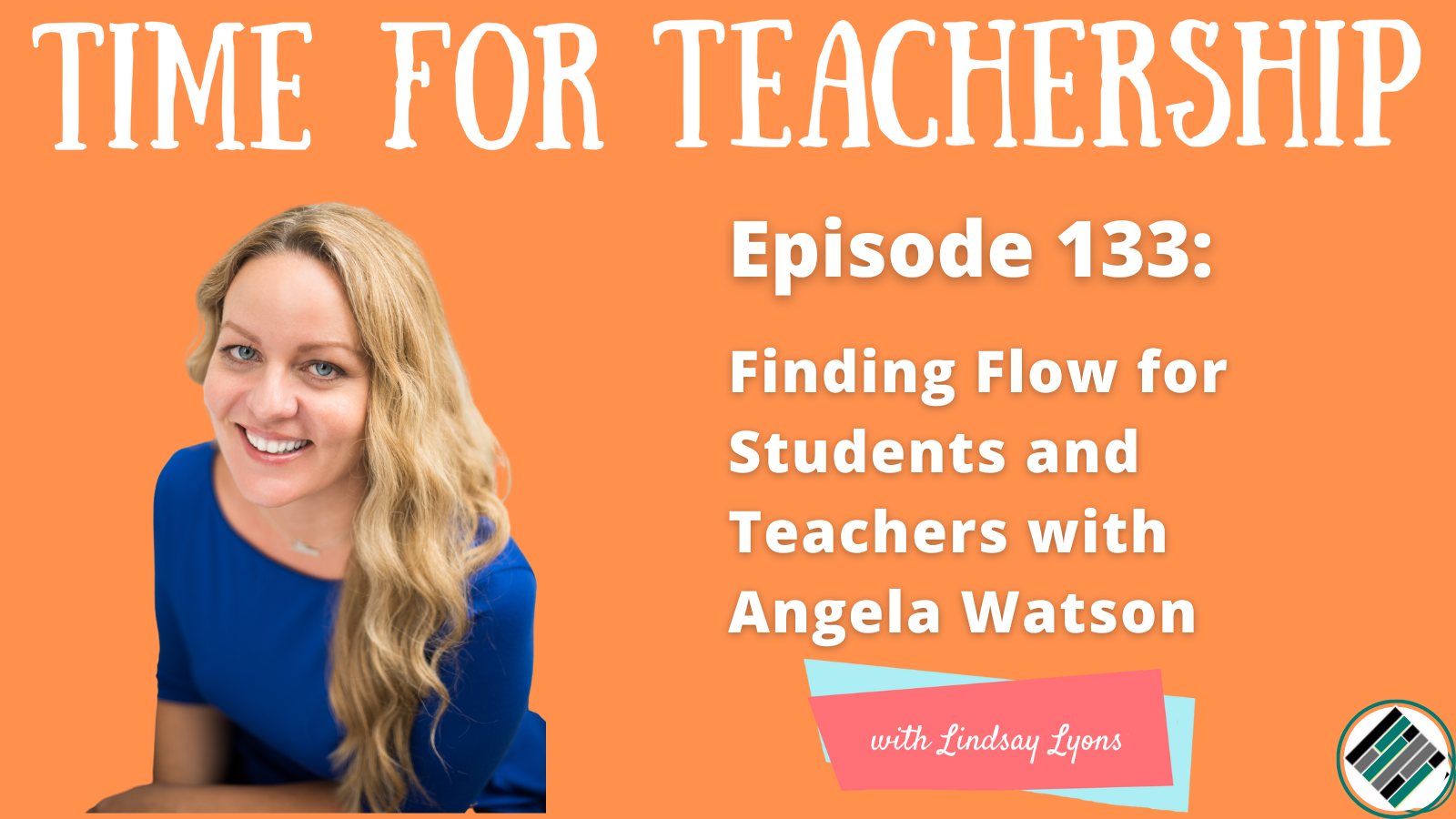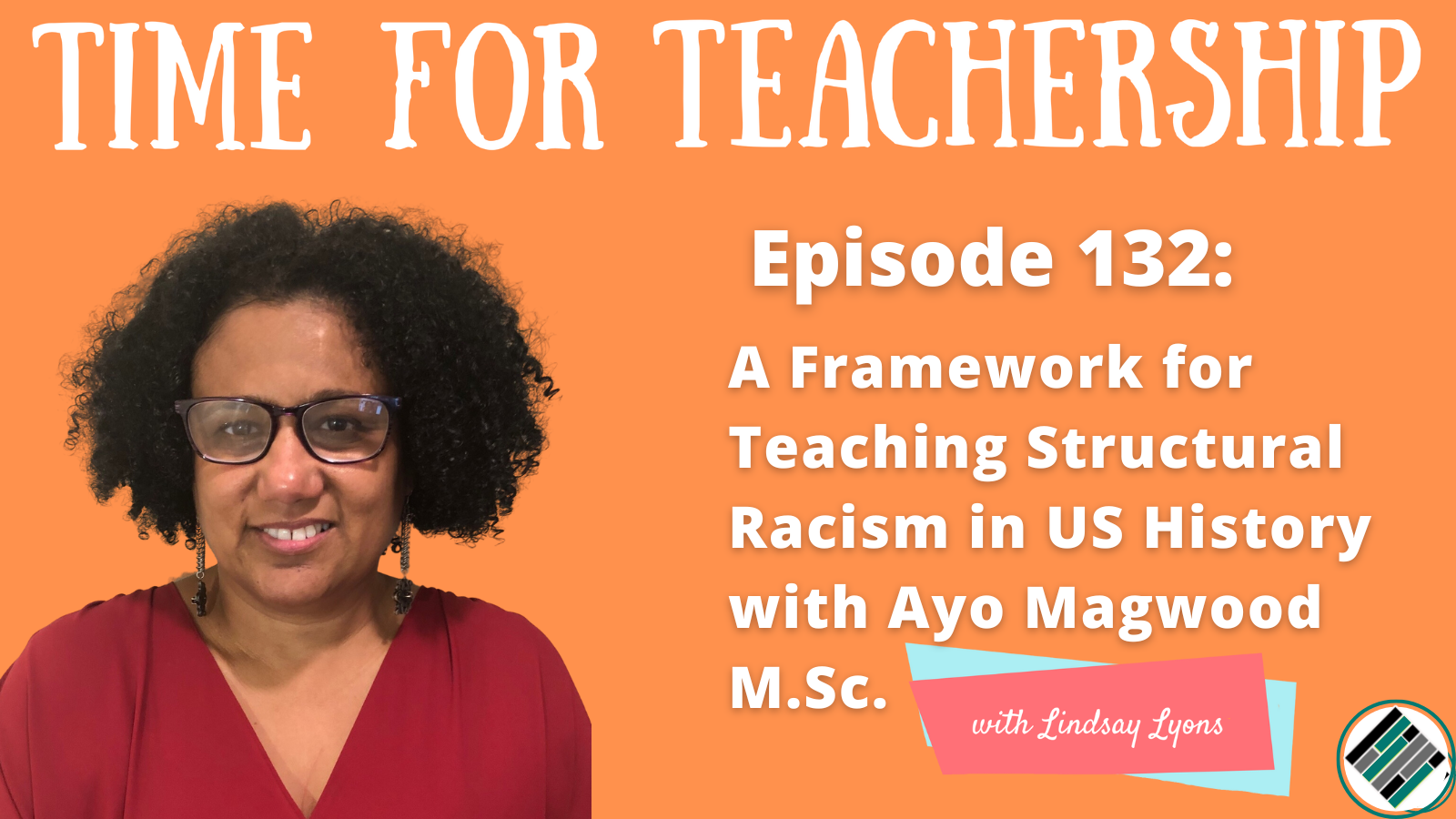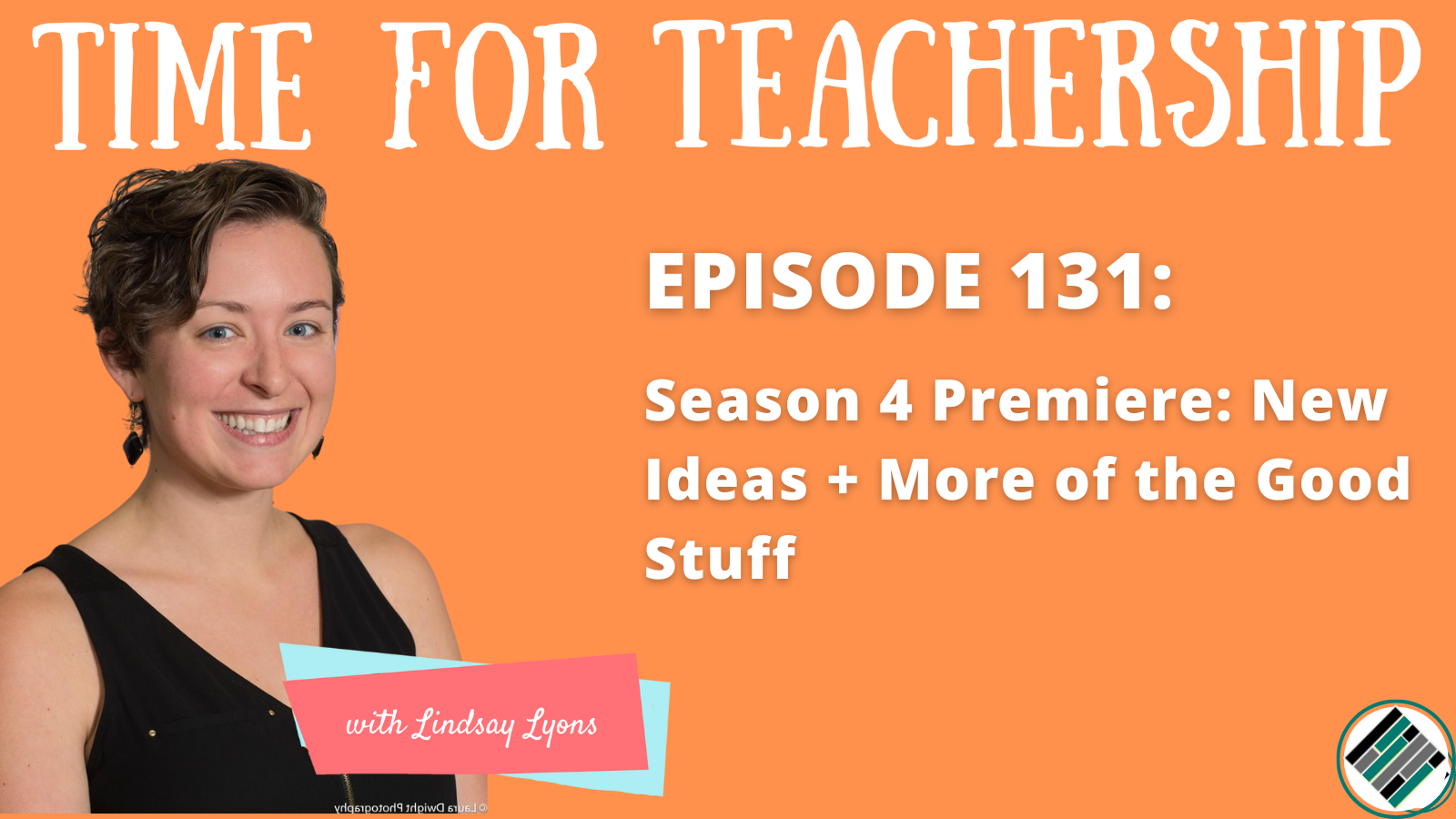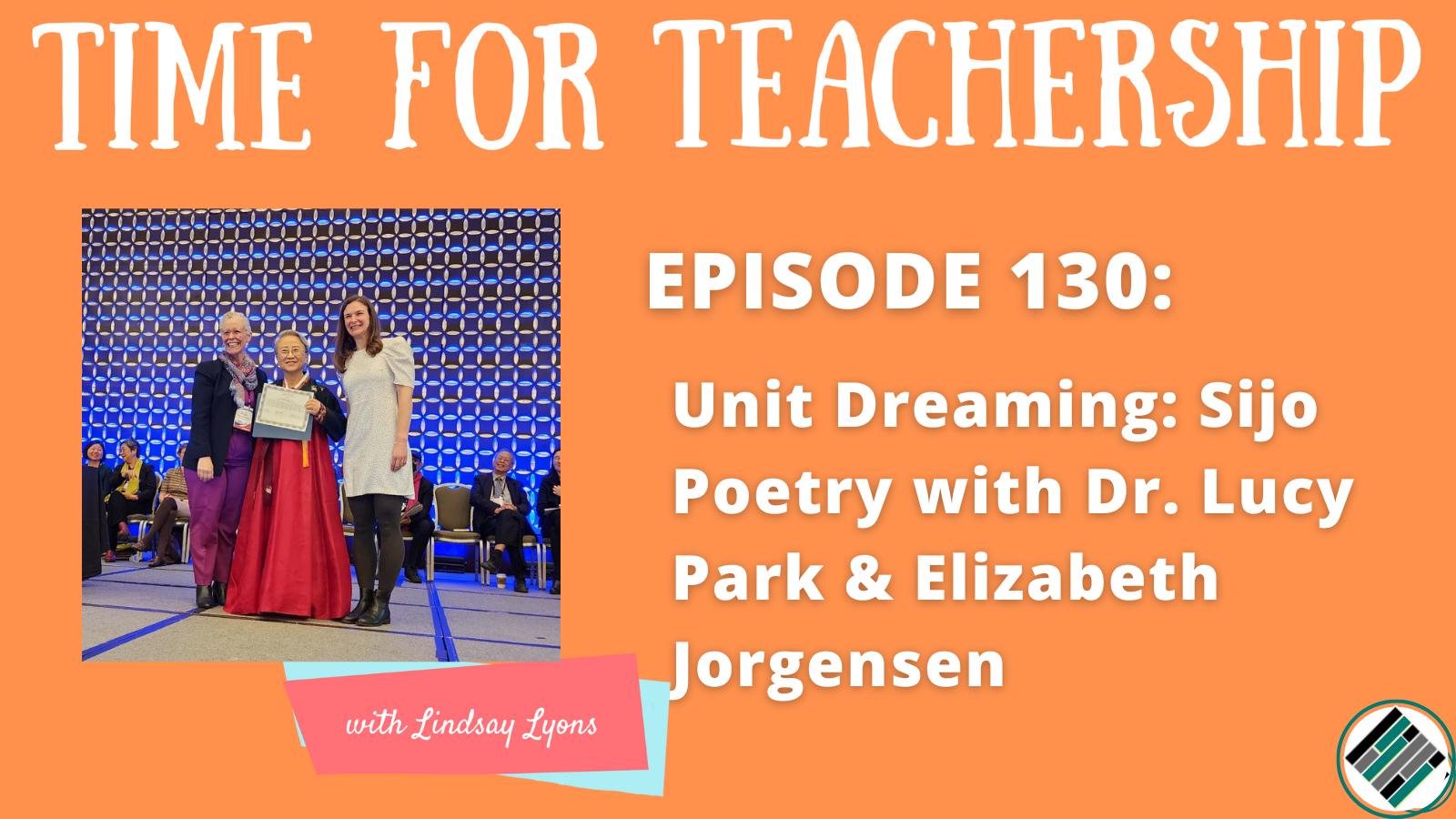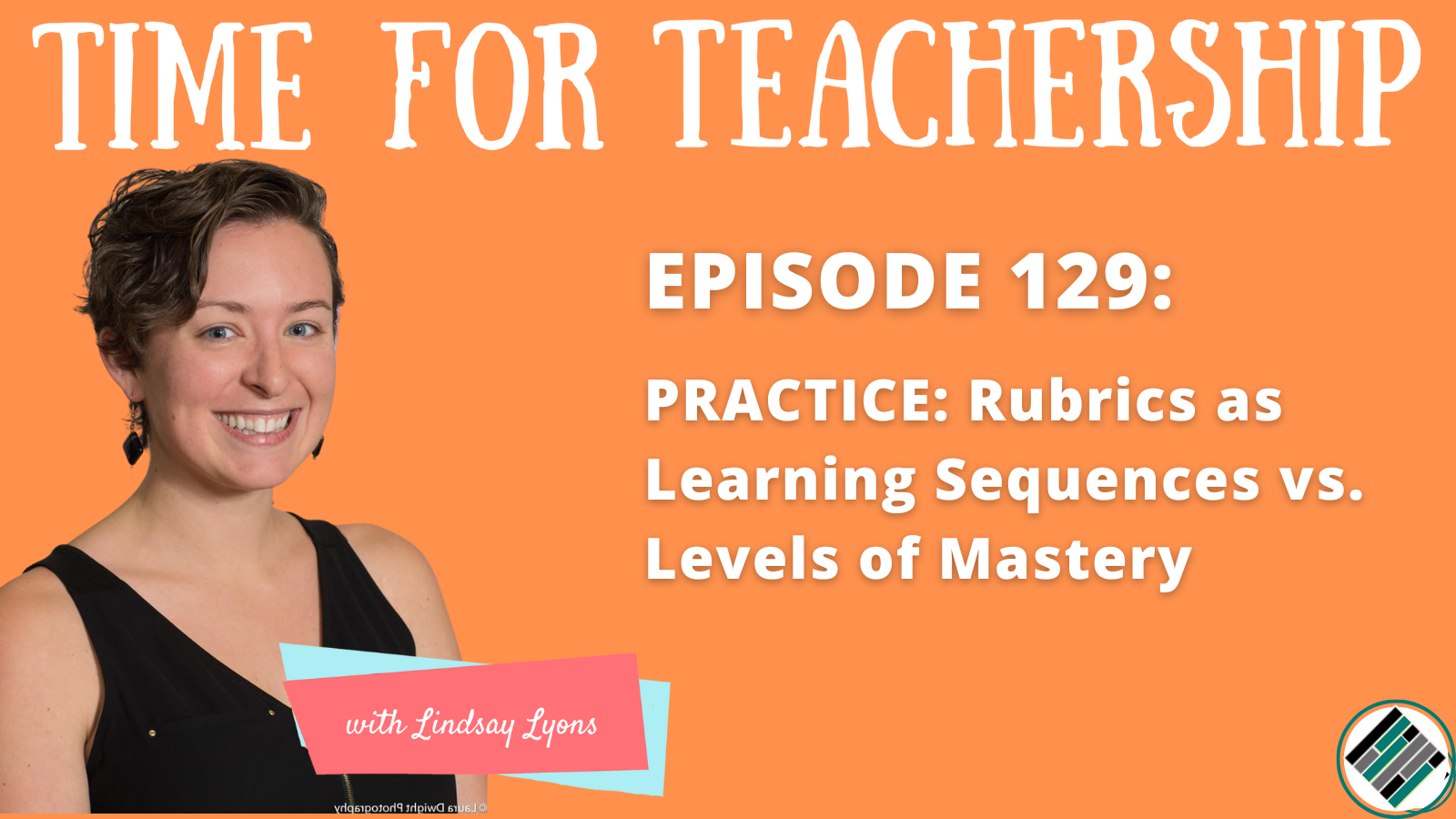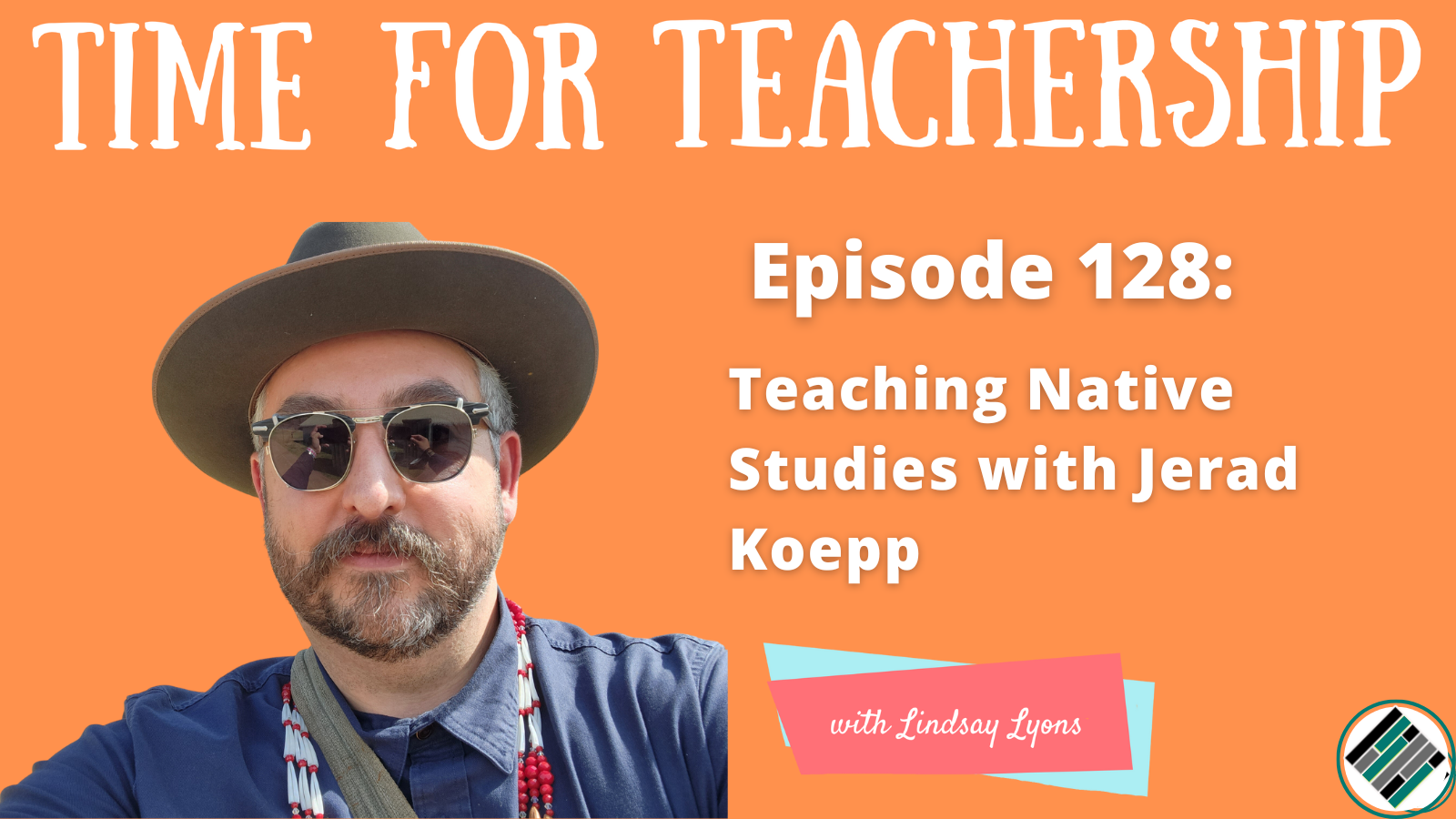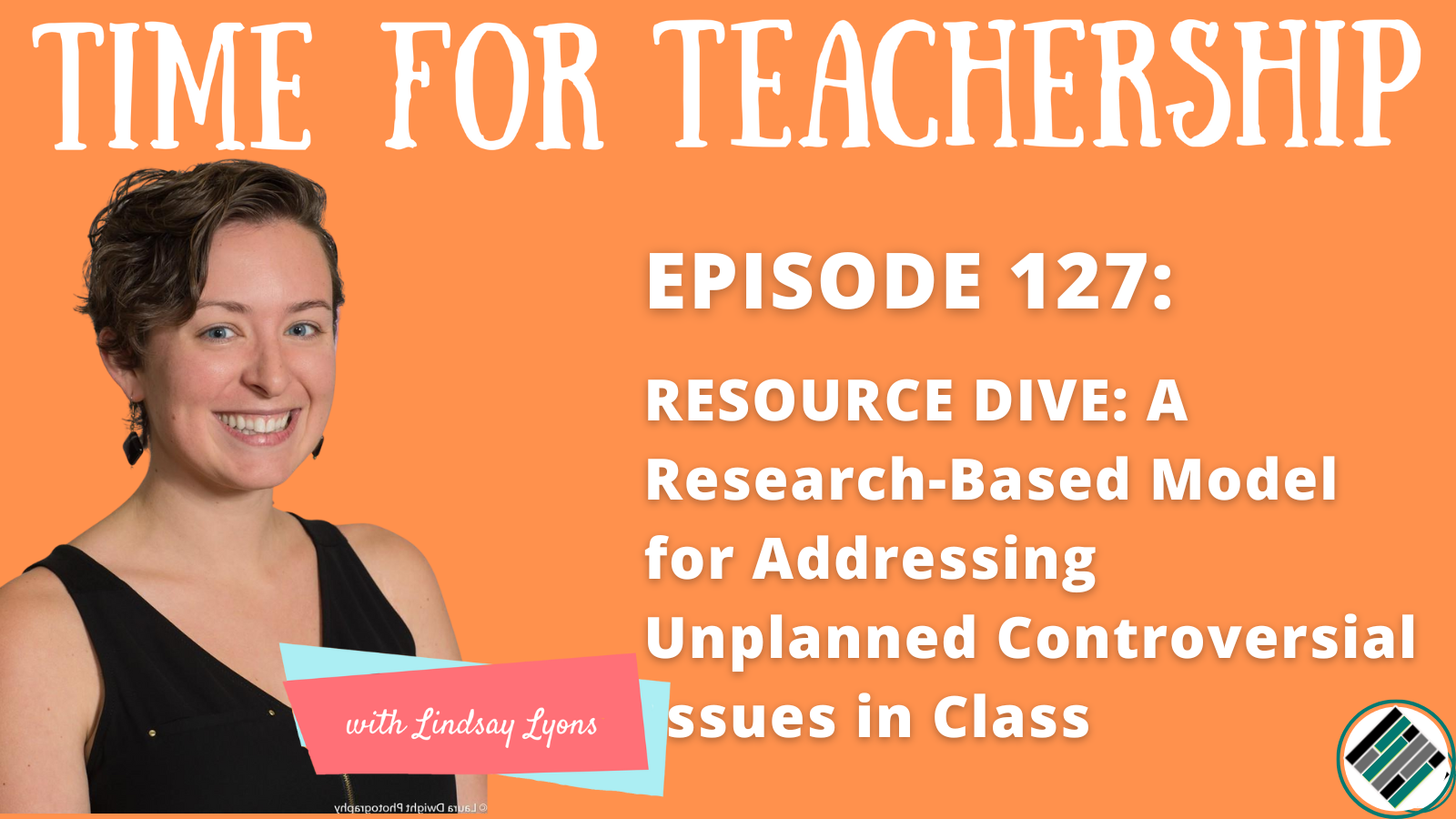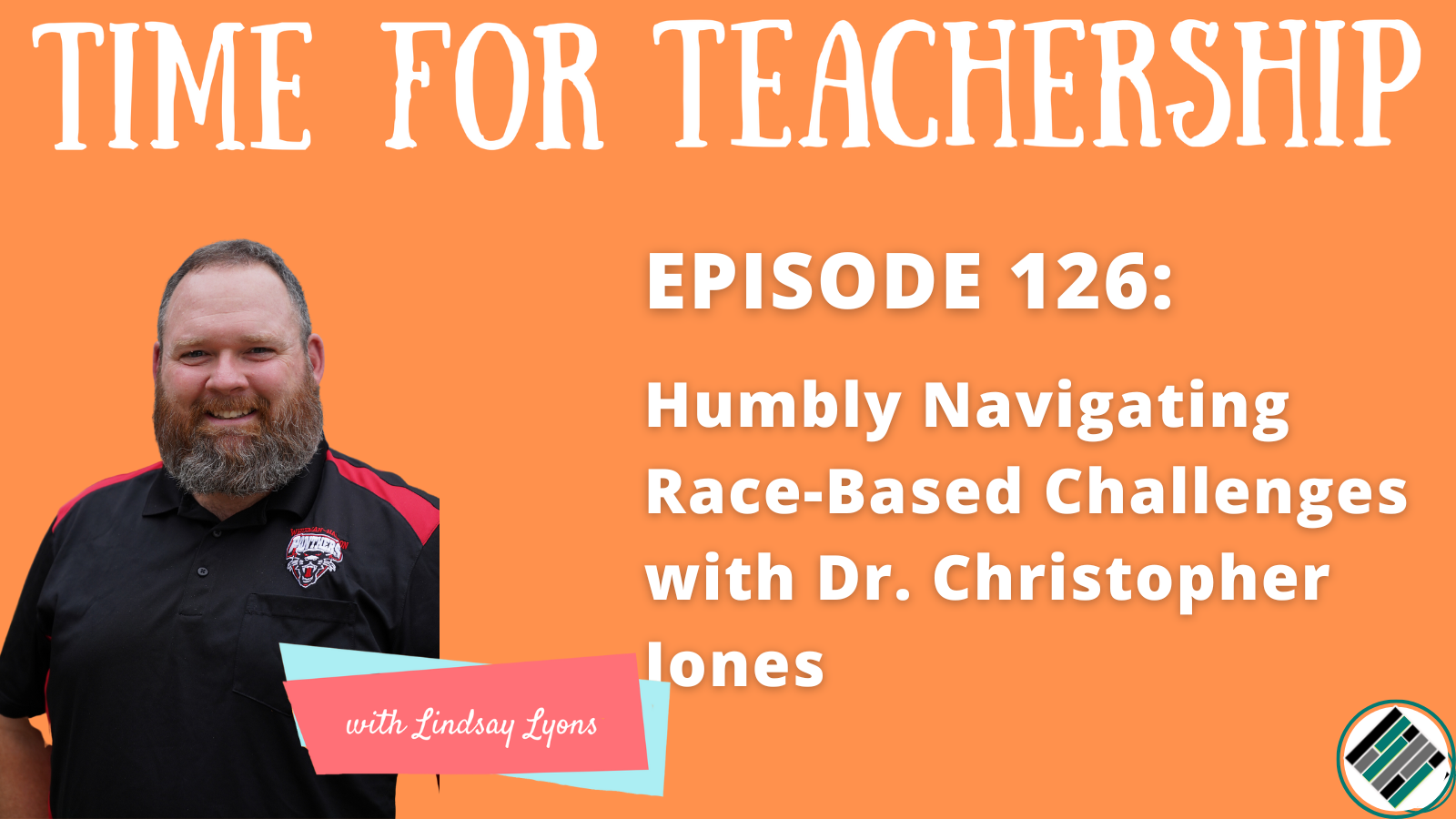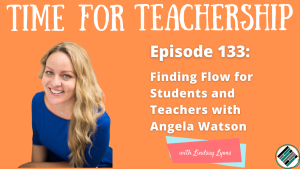
In the episode, the amazing Angela Watson and I talk about how teachers can thrive alongside students, how we do best as a community of specialists, and what it looks like to be working in a flow state. If teacher retention and staff well-being is important to you, this is a must listen!
Angela Watson is a productivity and mindset specialist, author, and motivational speaker for educators. She has supported countless teachers in making teaching more effective, efficient, and enjoyable, including on her amazing podcast, Truth for Teachers, which I truly enjoy. In this episode, Angela talks to us about her vision for empowering teachers and students and creating classrooms centered on authenticity and flow.
The Big Dream
Angela envisions a place where educators and students can co-thrive together, with their needs not being pitted against each other. By focusing on the strengths of students and working collectively as a community, we can create an educational environment where everyone feels accepted and supported in being their authentic selves.
Alignment to the 4 Stages: Mindset, Pedagogy, Assessment, and Content
In order to achieve this dream, teachers can shift their mindset, adopt new pedagogical approaches, embrace innovative assessments, and ensure that content is relevant and engaging for students. Angela emphasizes the importance of empowering teachers and students to create change in their classrooms and tap into student motivation and engagement.
Mindset Shifts Required
Teachers do not need to be all things to all students. Instead, let’s work collectively as a community. A strengths-based approach helps staff and students! Angela says:
“It’s not possible to be good at everything and teaching. You cannot be a subject area expert, a developmental appropriateness, pedagogical kind of expert, explain things well, good at curriculum planning, good at parent communication, good at data entry, good at explaining yourself in IEP meetings…there’s so many different things. You’re going to be better at some than others, and I would love to see schools be a place where we work as a community to have all the needs met. So, instead of every individual having to be good at every single thing or, let’s be real, to be excelling…What if we thought about it as a community effort? So maybe I’m really good at preparing activities and you’re really good at the relationship piece with students and they feel like they can trust you and come to you…Partner together instead of trying to be all things to all students, which is just a recipe for burnout.”
How do we make this happen?
Work with Others
Angela says, “It’s much harder to dehumanize or demonize…people who don’t share your values if you have accomplished something with them. If you’ve worked to get an extra recess break with people who have different viewpoints than you, it’s much harder then, when we’re talking about book banning, to be like ‘You’re a monster who hates kids.’ Clearly you’re not, because you just worked with me to get more recess time. So are there ways that we can work towards things that we do have in common, to create a positive change? And then, can we just find this small cadre of like minded folks to to push the envelope a little bit towards the things that are maybe not what anyone agrees on?”
Pedagogically…
Amplify student voice and belonging
Follow students’ lead and interests, allowing them to be more engaged in the learning process.
Create a space for students to feel vulnerable, fostering a sense of belonging and connection.
Build a toolbox of strategies to support a flow state
Instead of “on task”, aim for a flow state. The state of flow (Csikszenthmihalyi) is where you’re so absorbed in a task that you lose track of all time. Angela says, “It’s one of the peak human experiences, and the optimal way to experience a flow state is when you’re being challenged.”
We can support student flow by emphasizing that we’re learning alongside our students and there’s no judgment around not being able to concentrate. “It’s not a bad thing. It is a morally neutral thing And we don’t need to load it down with all this baggage and guilt and shame….We all experience things and we’re just not motivated.
Challenges?
It can be hard to find the time for reflection and personal growth as educators and overcome feelings of inadequacy in teaching these skills if we haven’t mastered them ourselves yet. (But we can learn alongside students!)
One Step to Get Started
Start by noticing and affirming the strengths and interests of your students. This simple act can have a profound impact on their engagement and motivation, ultimately contributing to a more fulfilling educational experience for both students and teachers.
Stay Connected
You can find Angela on her website. Also, check out her 40 Hour Teacher Workweek program and Finding Flow Solutions curriculum.
To help you find the time and energy to implement some of the ideas we discussed today, Angela is sharing her and her students’ wisdom with you during The 40 Hour Teacher Workweek Online Summit! (This was free for live attendees July 10-11, but you can still access the recording for $19.) And, if you’re looking for more details on the ideas in this blog post, listen to episode 133 of the Time for Teachership podcast. If you’re unable to listen or you prefer to read the full episode, you can find the transcript here.
Quotes:
- “In my freedom dream for schooling, it would be a place where both teachers and kids can thrive and feel accepted and supported in thriving exactly as they are.”
- “What is the student bringing to the table and capitalizing on that, affirming that, noticing that as much as possible…One little comment like that can make a huge difference, can change the trajectory of a kid’s life just an adult noticing and affirming something about them.”
- “Certainly everybody, I think, has had an experience in school….like, ‘Oh man, we have to stop now?’ And thinking about…What was I doing at that time? Was I working alone or with other people? What subject was it? Was I concentrating very hard? Was I writing? Was I drawing? Was I doing something with my hands? Was I standing? Was I sitting? Like really starting to notice: What are those things? Because it’s very individualized, it’s not going to be the same for every person.”
- “The thing about freedom dreaming is that you can’t systematize it, you cannot standardize it, you cannot look for this. You know the consultant to just come in and make it happen for you overnight, like it’s something that everyone has to be collectively invested in, happens over time. It’s shaped by the individuals there.”
- “It’s one of the peak human experiences, and the optimal way to experience a flow state is when you’re being challenged.”

